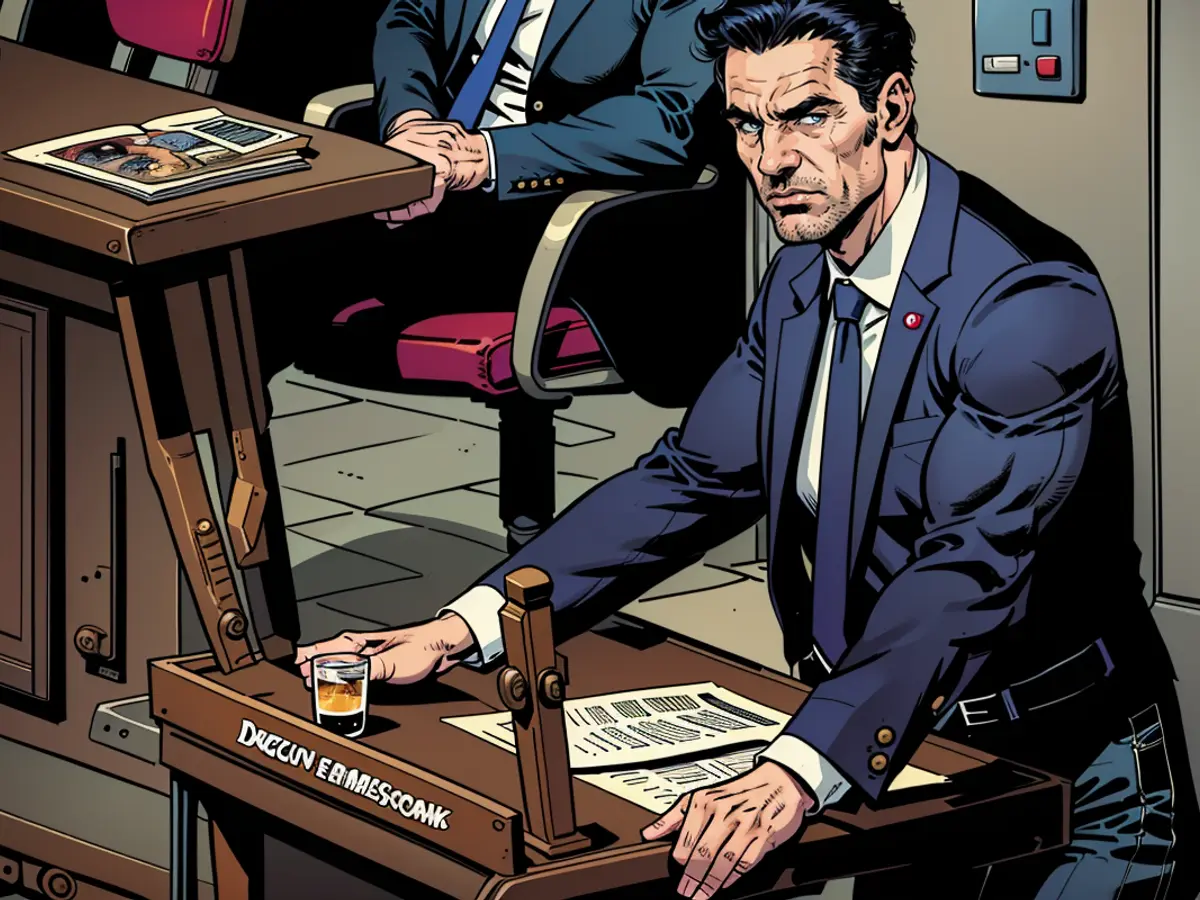The FDP will prevent the disintegration of the coalition.
The group should now concentrate on their tasks rather than their internal issues, urged Dürr. "That's what the people are anticipating from us." Prior to the federal election, the coalition of traffic lights needs to promote more growth and carry out a "significant overhaul" of German immigration policies.
SPD parliamentary group leader Katja Stutz dismissed the notion of an apocalyptic feeling within the traffic light coalition following the elections in Saxony and Thuringia. "We were elected to make a difference, and that's exactly what we'll do," Stutz shared with Funke newspapers. "It will also become evident in the Bundestag that we still have ideas."
The pension plan and budget negotiations should be concluded promptly: "We must place a greater emphasis on the daily lives of the people," Stutz suggested. "Direct language and effective actions on pensions, jobs, rents, and immigration."
Uncertainty about the coalition's continued existence had previously surfaced within the FDP faction. FDP federal parliamentarian Gyde Jensen told the site "The Pioneer": "If we reach the conclusion that we can no longer generate beneficial impacts for the economy and society with our participation in the traffic light government, then we need not fear a split."
For the FDP, the state elections on Sunday represented a steep descent into insignificance: In Thuringia, they dropped to 1.1%, and in Saxony, they even fell below 1.0%. Party leader Lindner attributed the coalition's poor public image, which is dragging the FDP down.
The traffic light coalition, comprising SPD, Greens, and FDP, needs to focus on promoting growth and overhauling immigration policies before the federal election. In light of this, SPD parliamentary group leader Katja Stutz suggested prioritizing the daily lives of the people and taking direct actions on pensions, jobs, rents, and immigration within the coalition.







